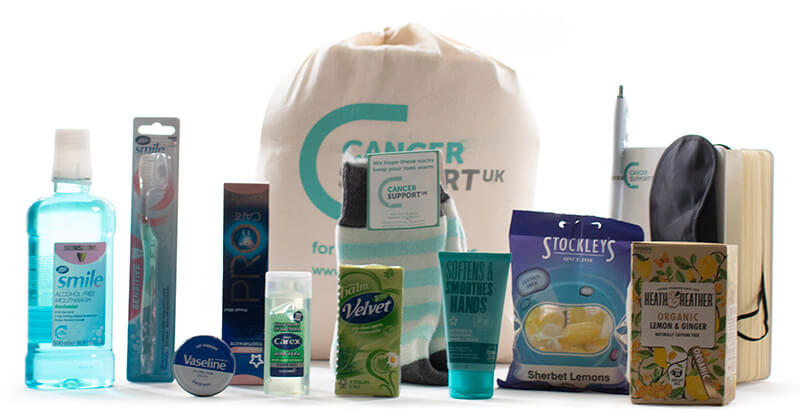
Fear of cancer recurrence is a common emotion
As human beings, we like certainties, but with cancer there are no guarantees that our cancer won’t come back. This fear of recurrence can be very difficult to live with and can lead to anxiety and depression.
It can also trigger physical responses such as anger, an increase in heart rate, tense muscles and a churning feeling in the stomach.
Often people tell us they have been so focused on getting through treatment that they only really start to face up to and process what they’ve been through once treatment has finished and ‘normal’ life starts again. So once we recognise we are out of immediate physical danger, we have to start dealing with the emotional impact of our experience.
Identifying your trigger(s) can help you to cope more effectively with the emotions you feel. If you are aware of situations that are likely to cause you to react, then you can plan ahead to create a way of dealing with those emotions.
Keeping a thought diary can be helpful when dealing with particular situations or triggers, which lead to difficult thoughts and emotions. Ask yourself what thoughts go through your mind. What do you fear might happen? How do these thoughts make you feel and what did you do as a result of that thinking?
Other actions you can take include:
Acknowledgement – be honest with yourself about your thoughts or feelings. It’s common to fear reoccurrence, so don’t hope that these fears will go simply away. Take control of your fears by acknowledging them, speak to someone to ‘release these from your mind’ and stop your mind from going round in circles, say them out loud or write them down.
Activities – look for activities that will help to take your mind off of your fears and make a plan to work these into your weekly routine. This just needs to be something you enjoy, whether it’s painting, dancing, gardening, walking, singing, sewing, photographing or meditating – the options are endless. Your GP can advise on the type & amount of exercise that is safe for you to do.
If your activity gets you outside in the fresh air, among nature, then even better.
Activities can also help to boost your mood and reduce stress. For example, joining a club or group, can help you to make new connections and friendships.
Ask for Advice – join a forum or support group where you can voice your fears and find out what others have found helpful? Call a support line for free advice or join a Cancer Coach group for peer support and learn how to manage all of those difficult emotions.
Allow yourself time – recovery takes time. Try not to add pressure to yourself to snap back to who you were. It’s going to take time to navigate the new you and to work out how relationships, work and family roles might need to adapt. It’s also important that you allow time for yourself with simple pleasures or a small treat. This can be anything from lighting your favourite scented candle and taking a moment to focus on your breathing, or reading a book with a comforting hot drink in hand. Focusing on our senses can really help to de-stress and pulls us back into the current moment, which is very useful when an emotion or memory has been triggered.
Cancer Support UK’s Cancer Coach programme is available to anyone previously diagnosed with a stage 3 or below cancer and who has now completed their physical cancer treatment. The course takes participants through a series of weekly facilitated group sessions, run for a six-week period over the telephone or online video. Participants benefit from the peer support of the sessions, as well as learning tools and techniques for improving emotional wellbeing, which can help them on their recovery journey. The course is free, completely confidential and accessible from the comfort and privacy of home.
If you’ve completed cancer treatment, but are experiencing low mood, anxiety, worry, and don’t know how to move forward in your recovery, then please apply to join the course. Simply complete the application form online. If you have any questions, email cancercoach@cancersupportuk.org or call: 020 3983 7616.



